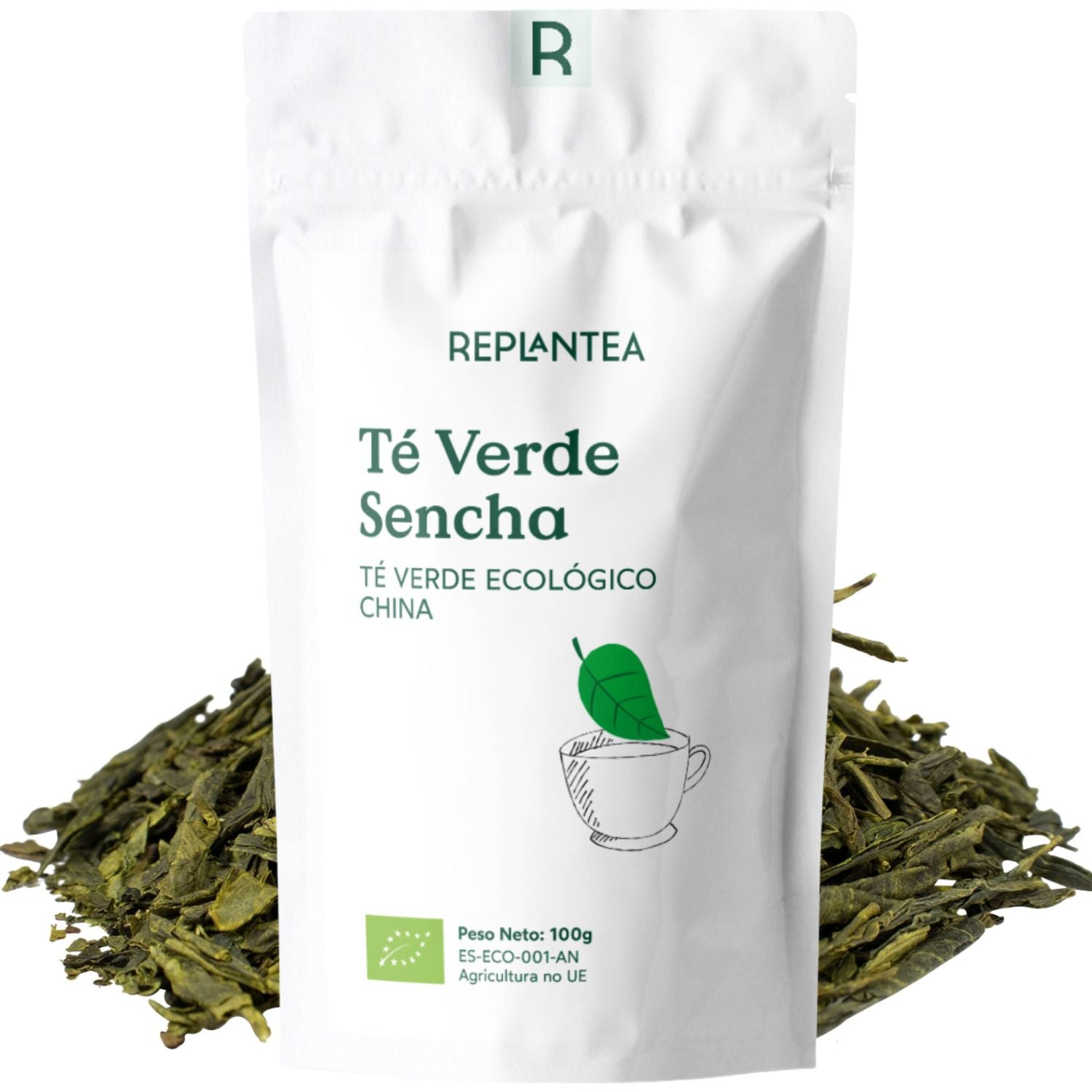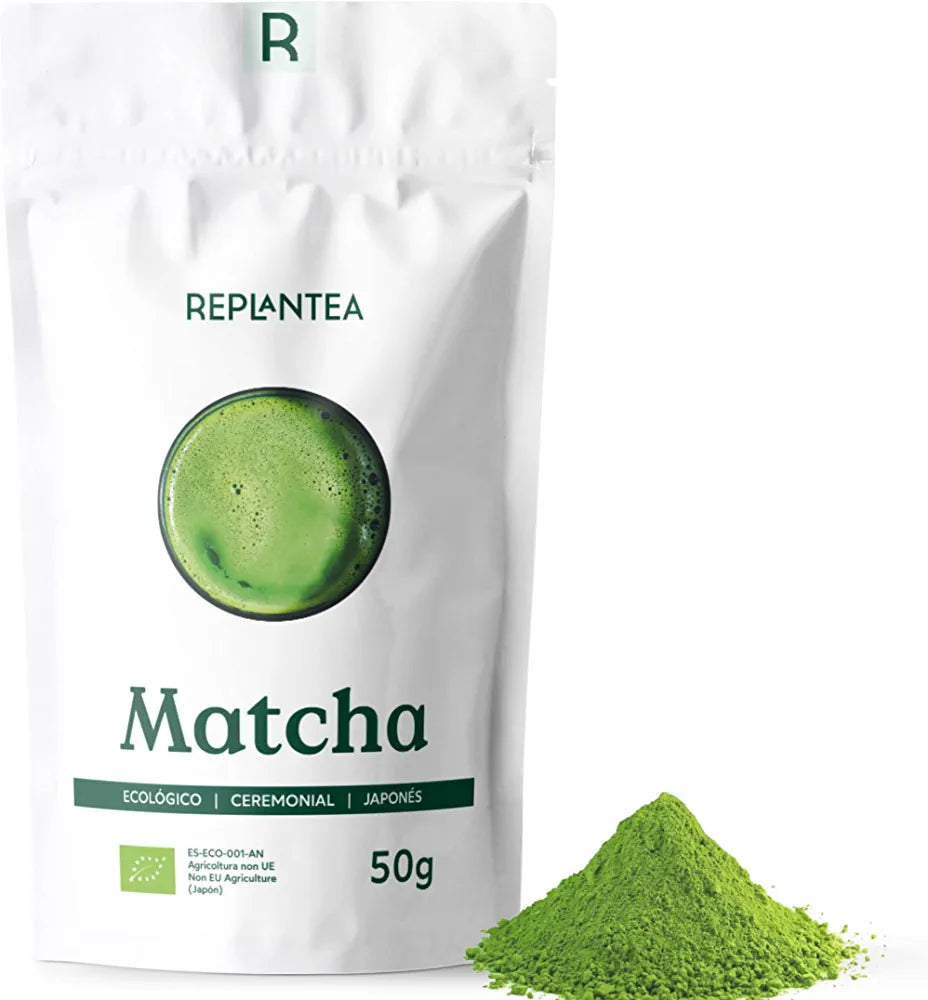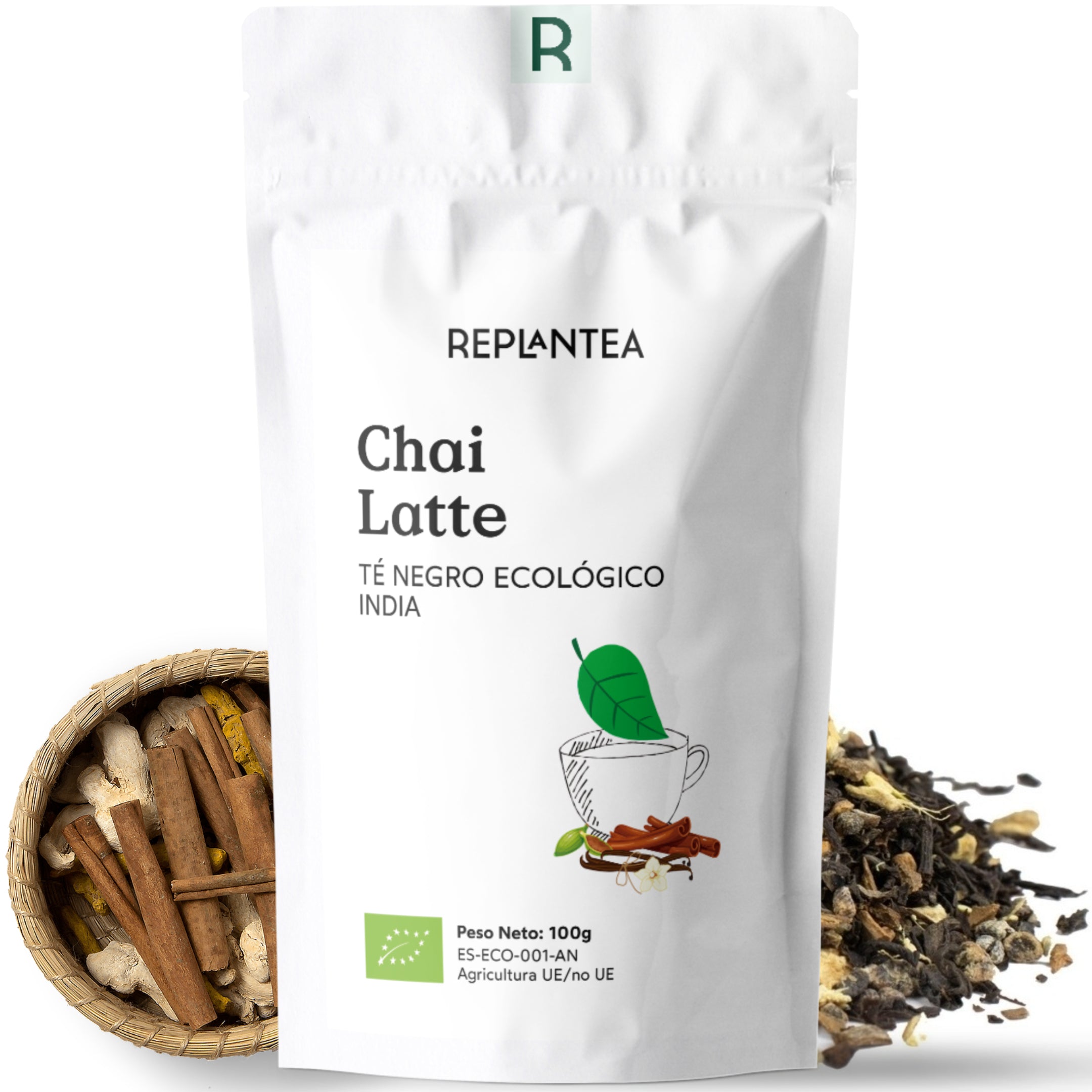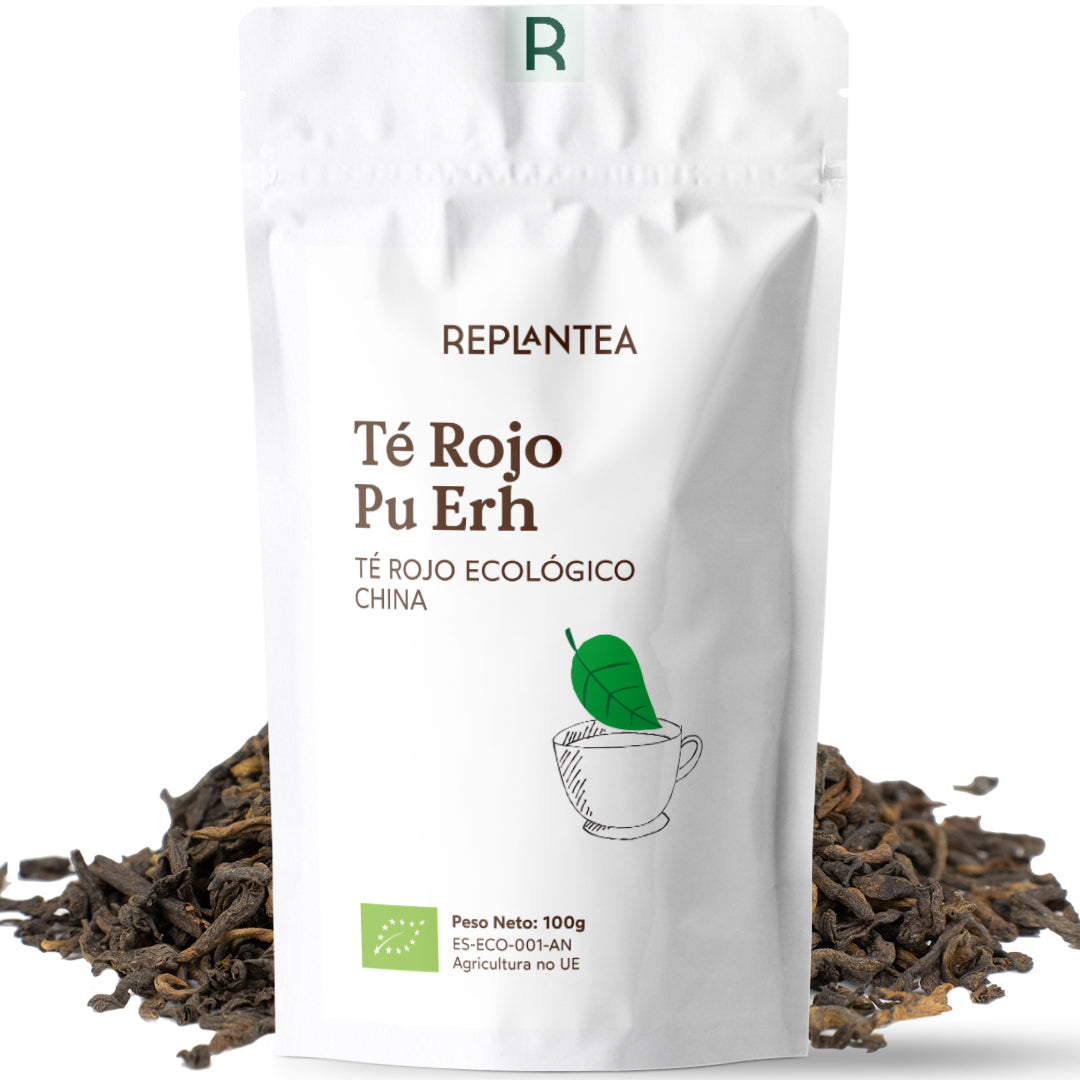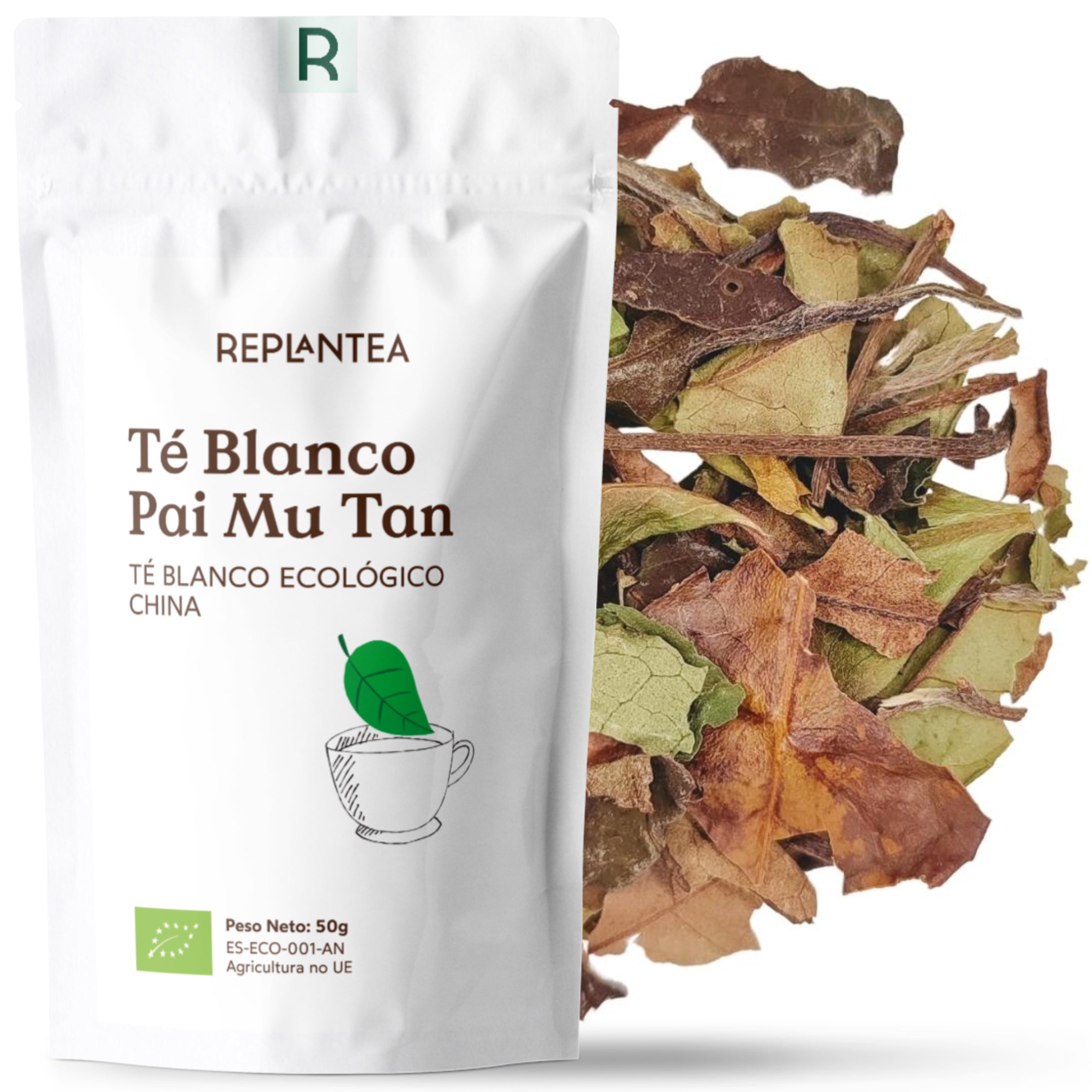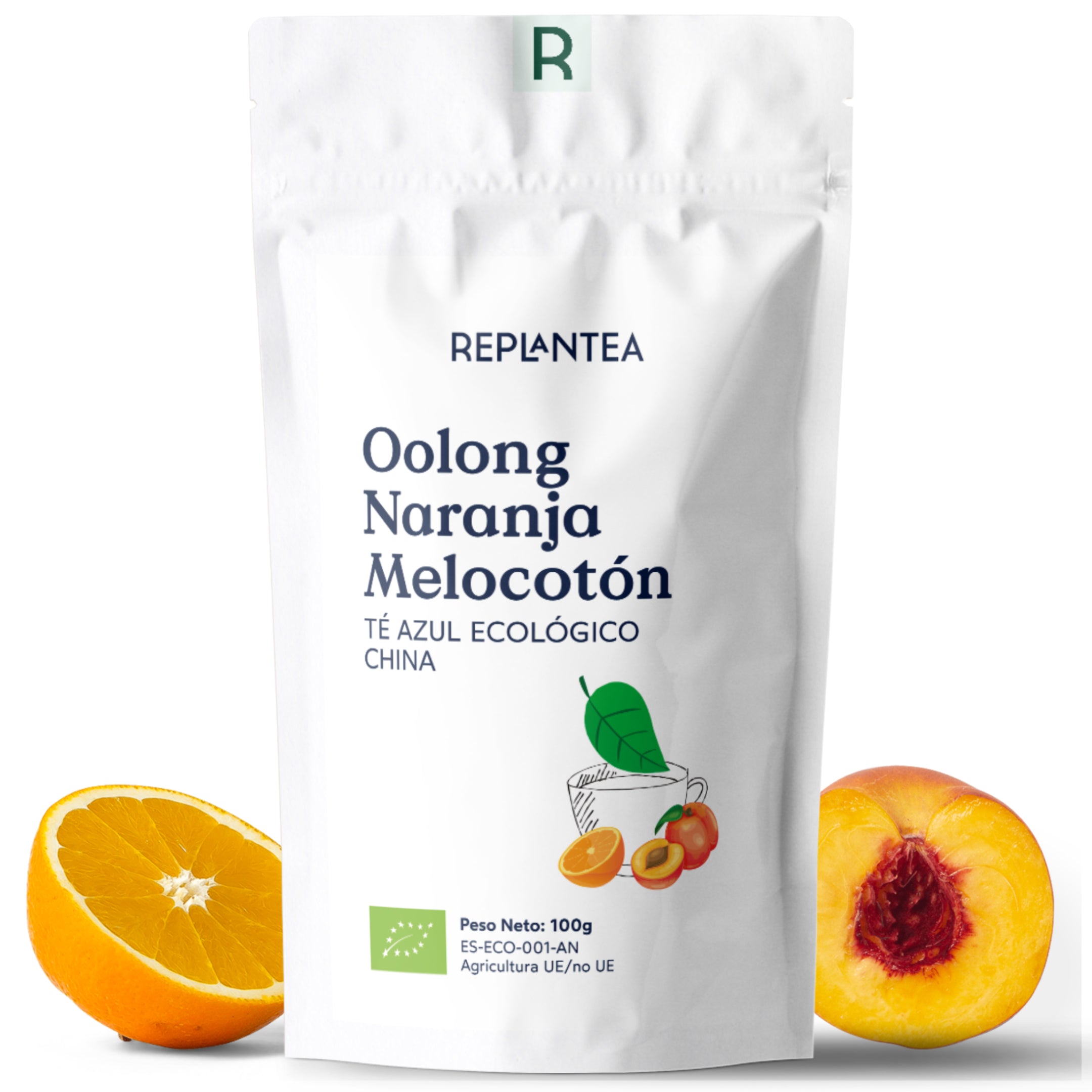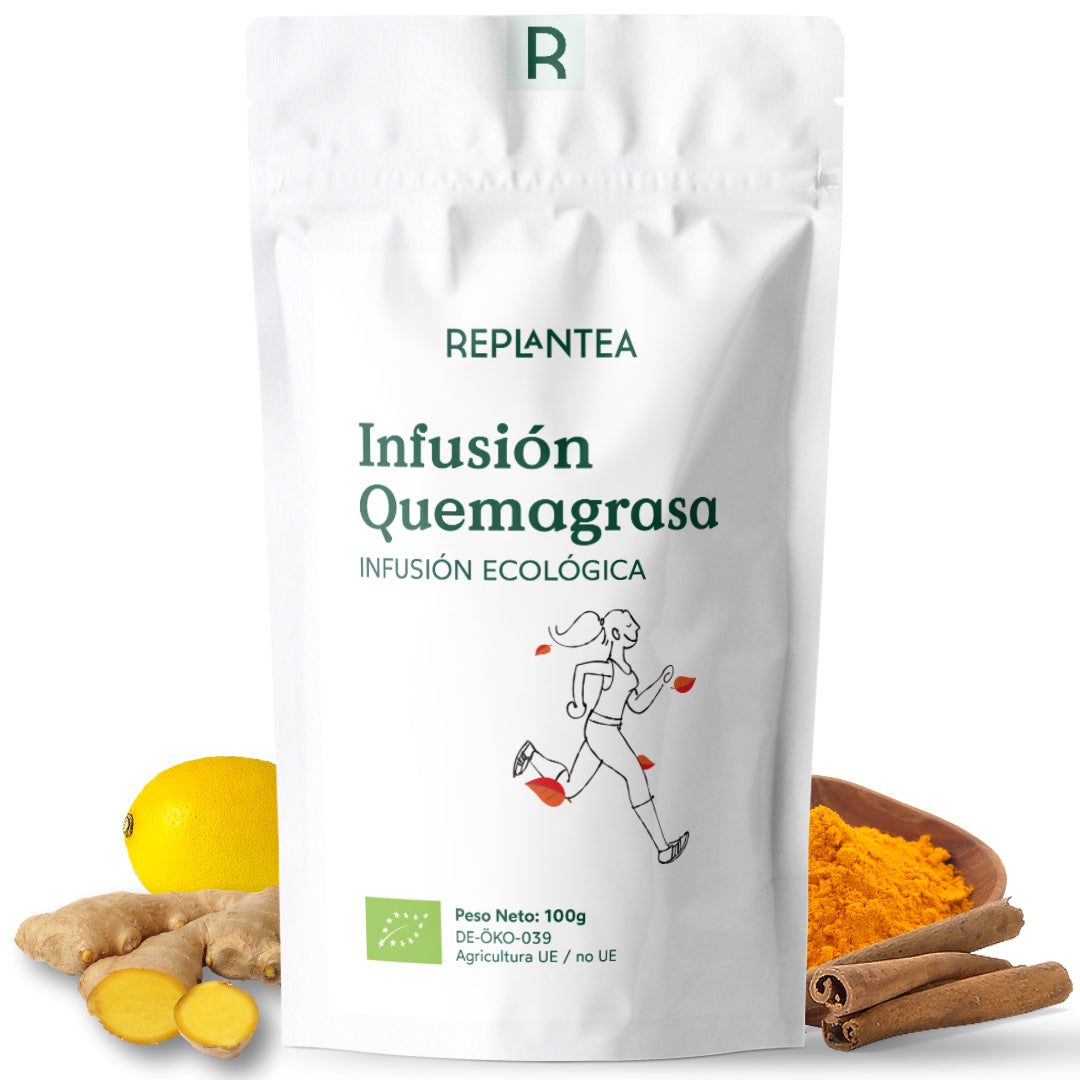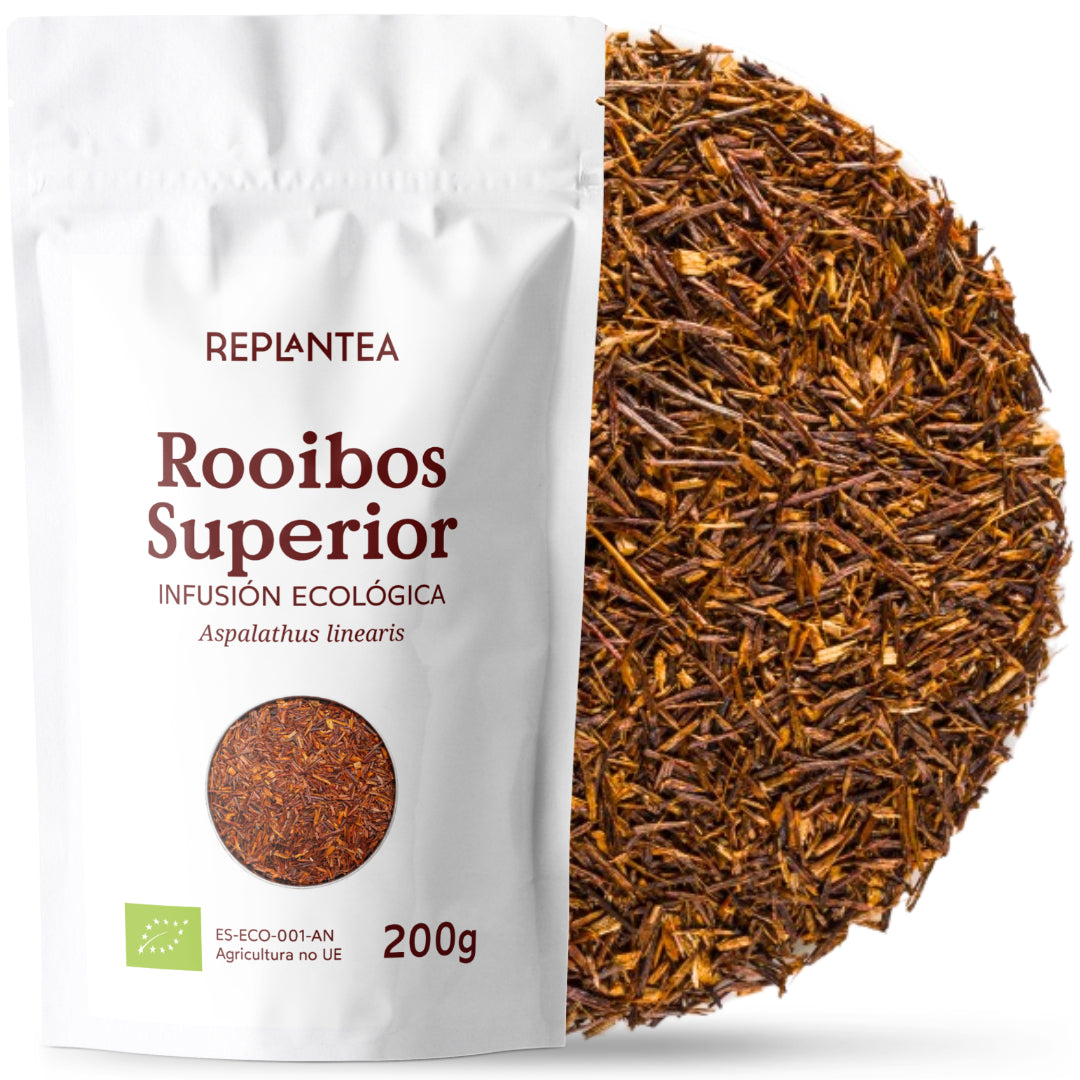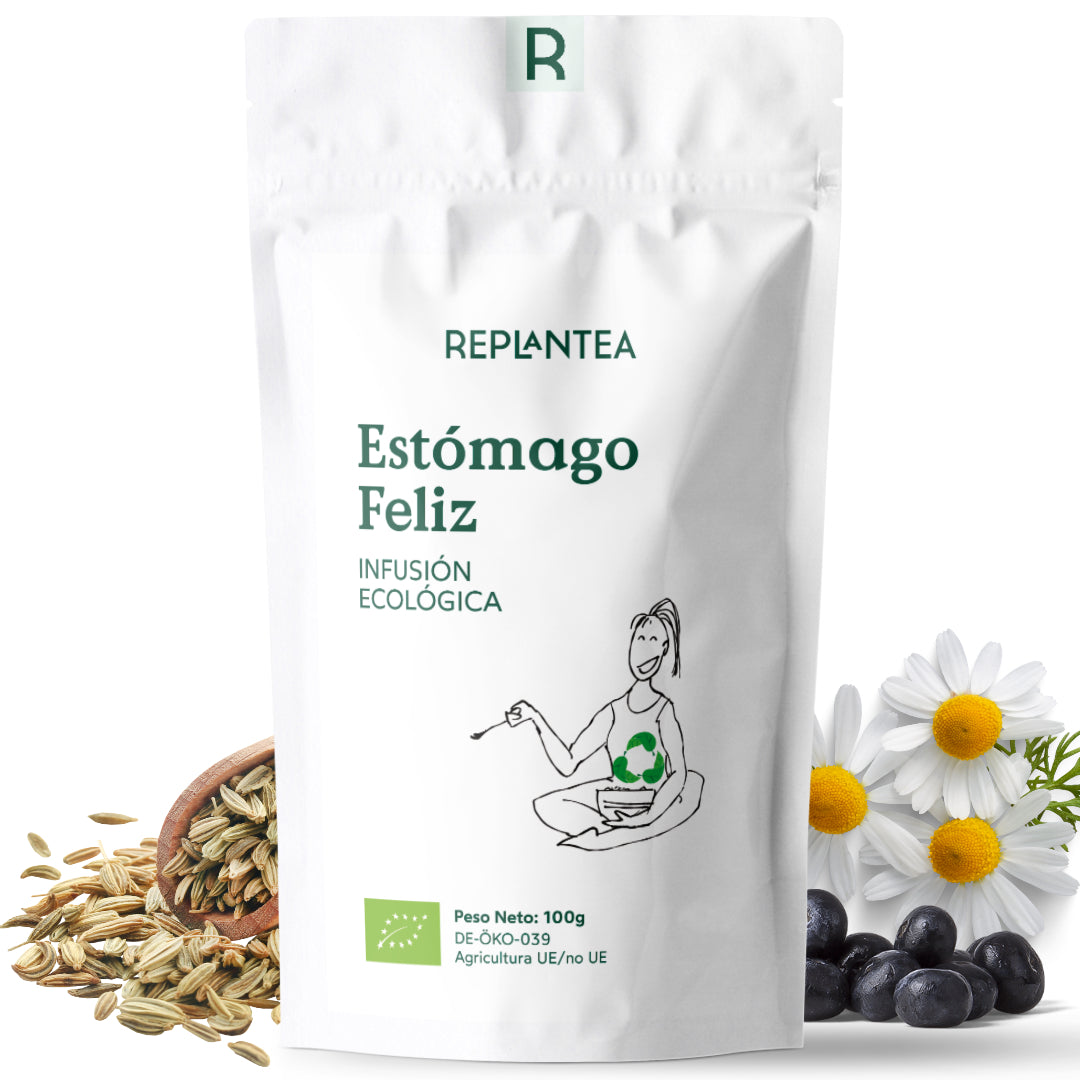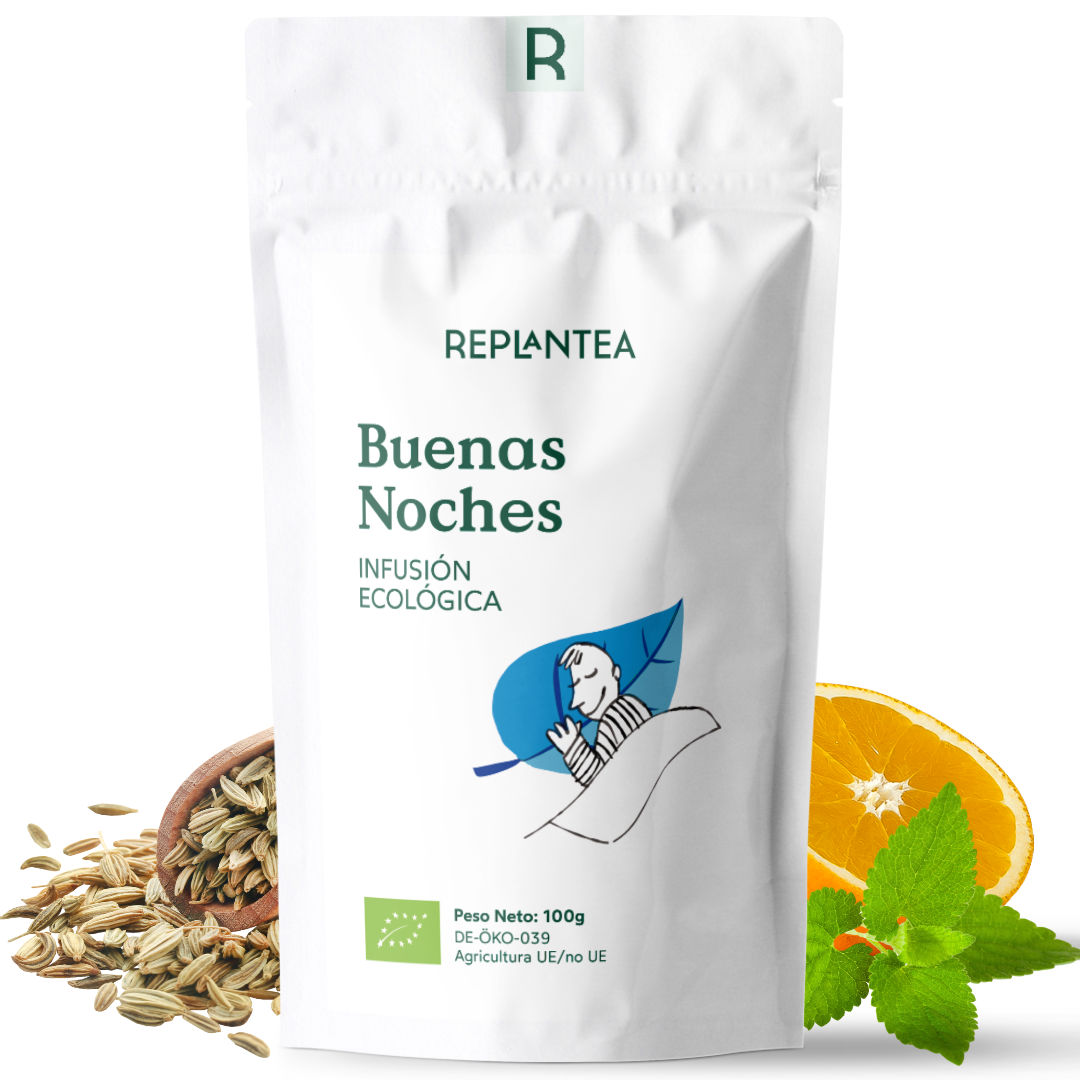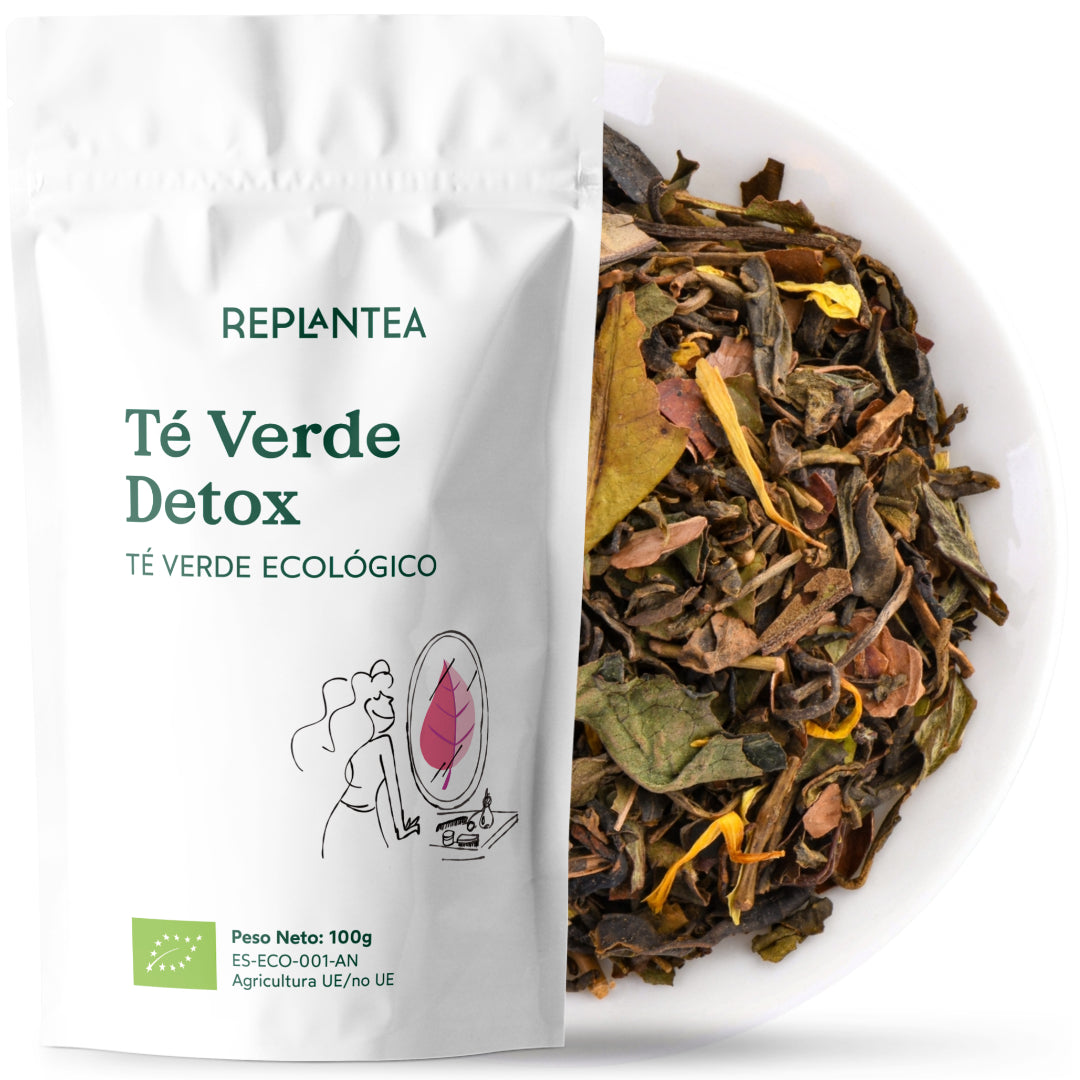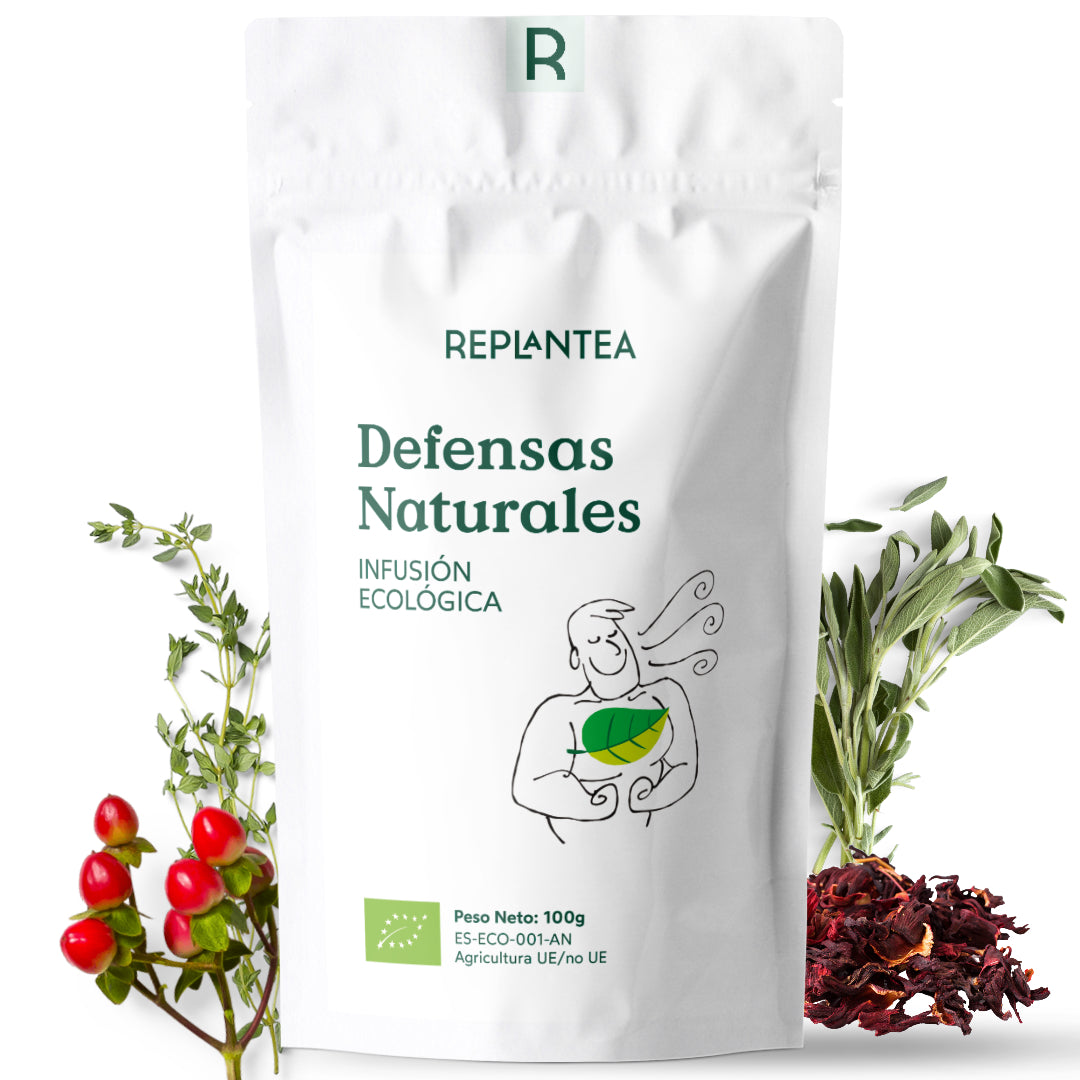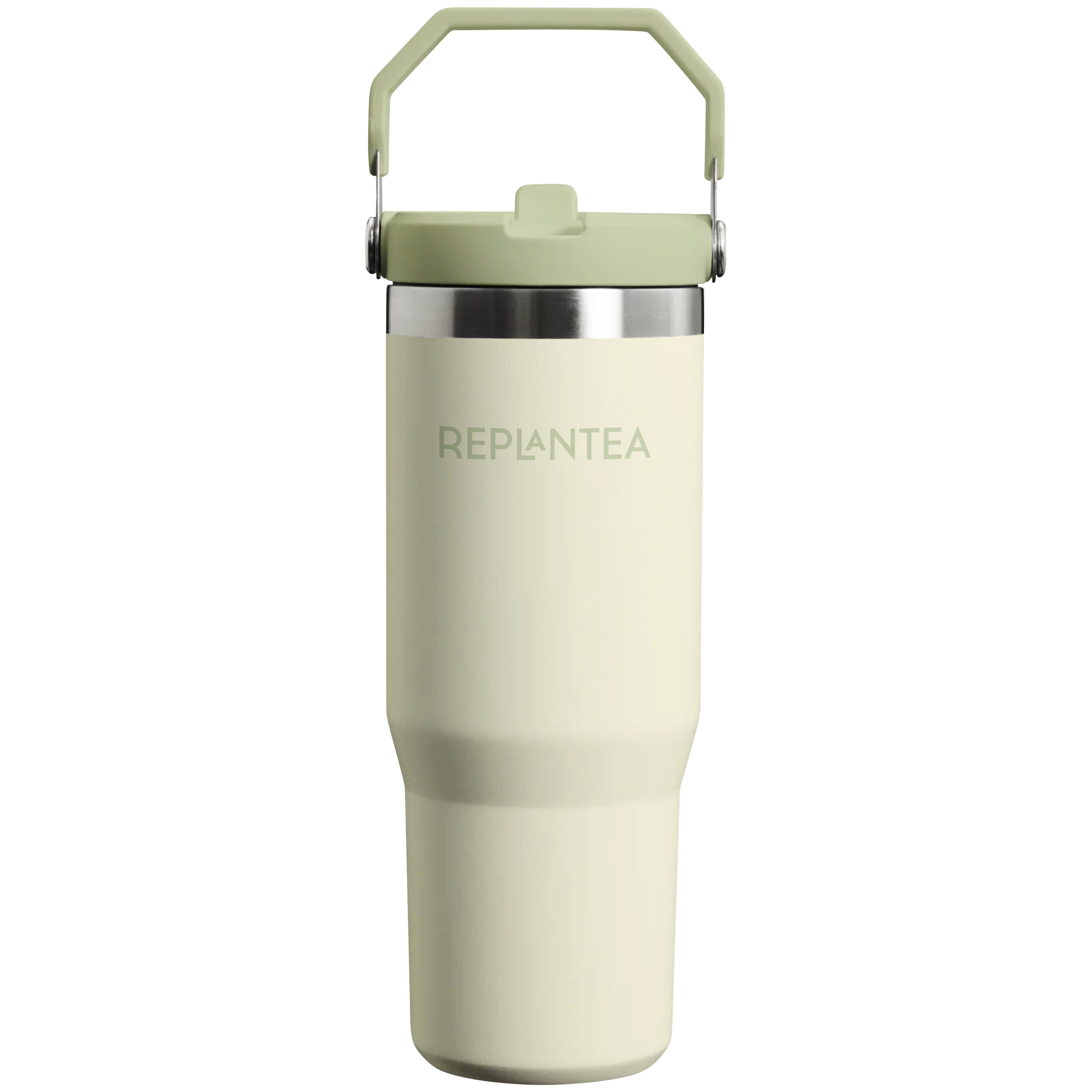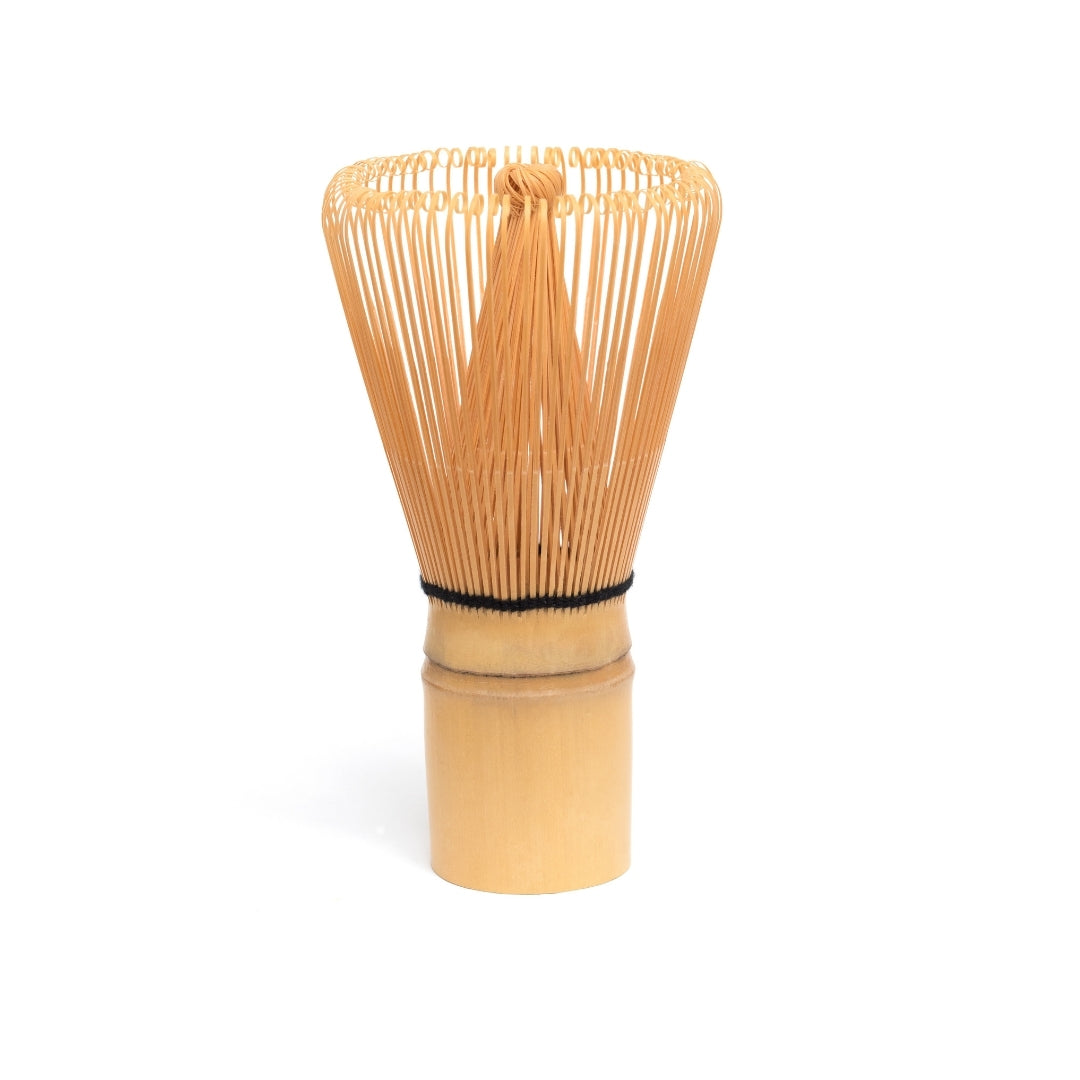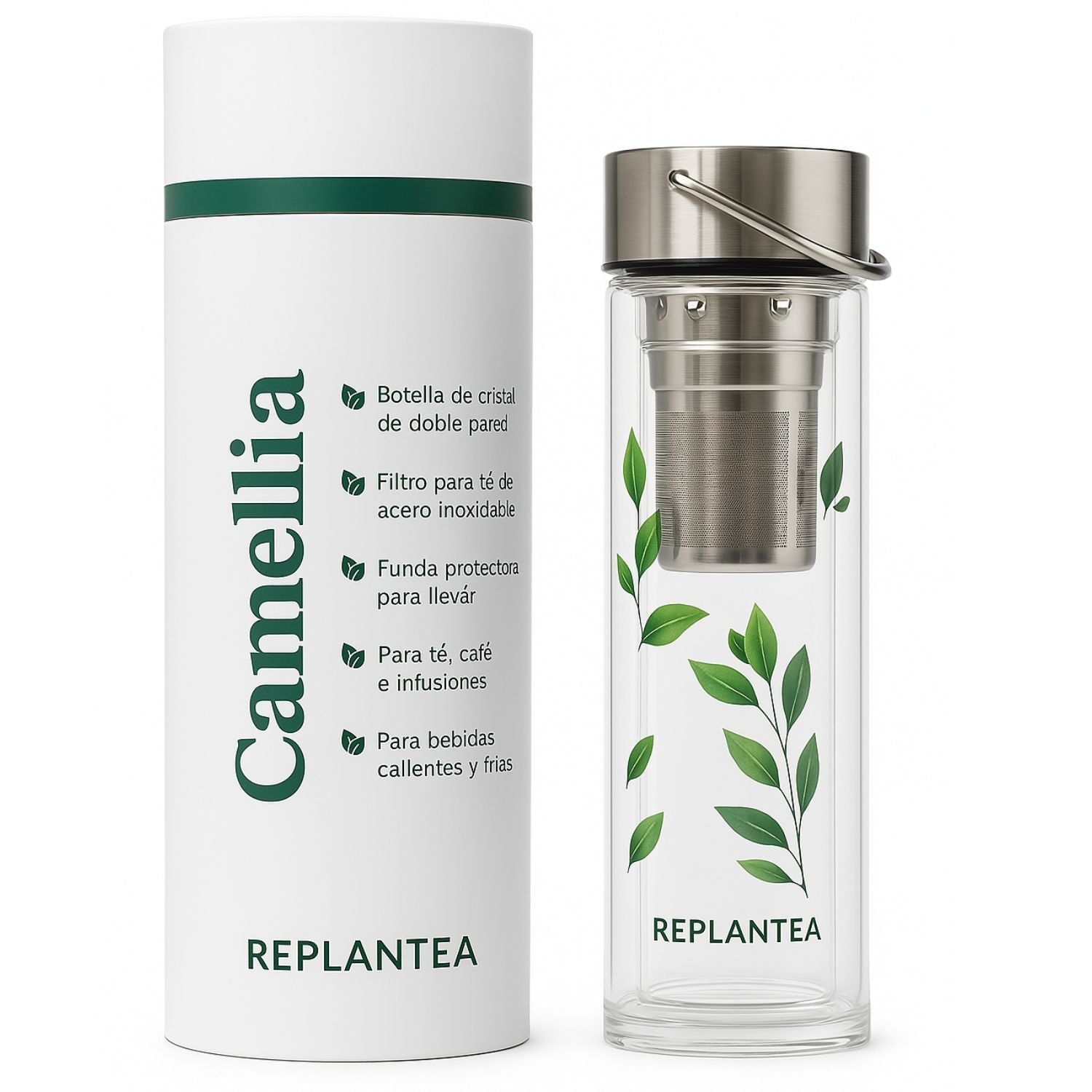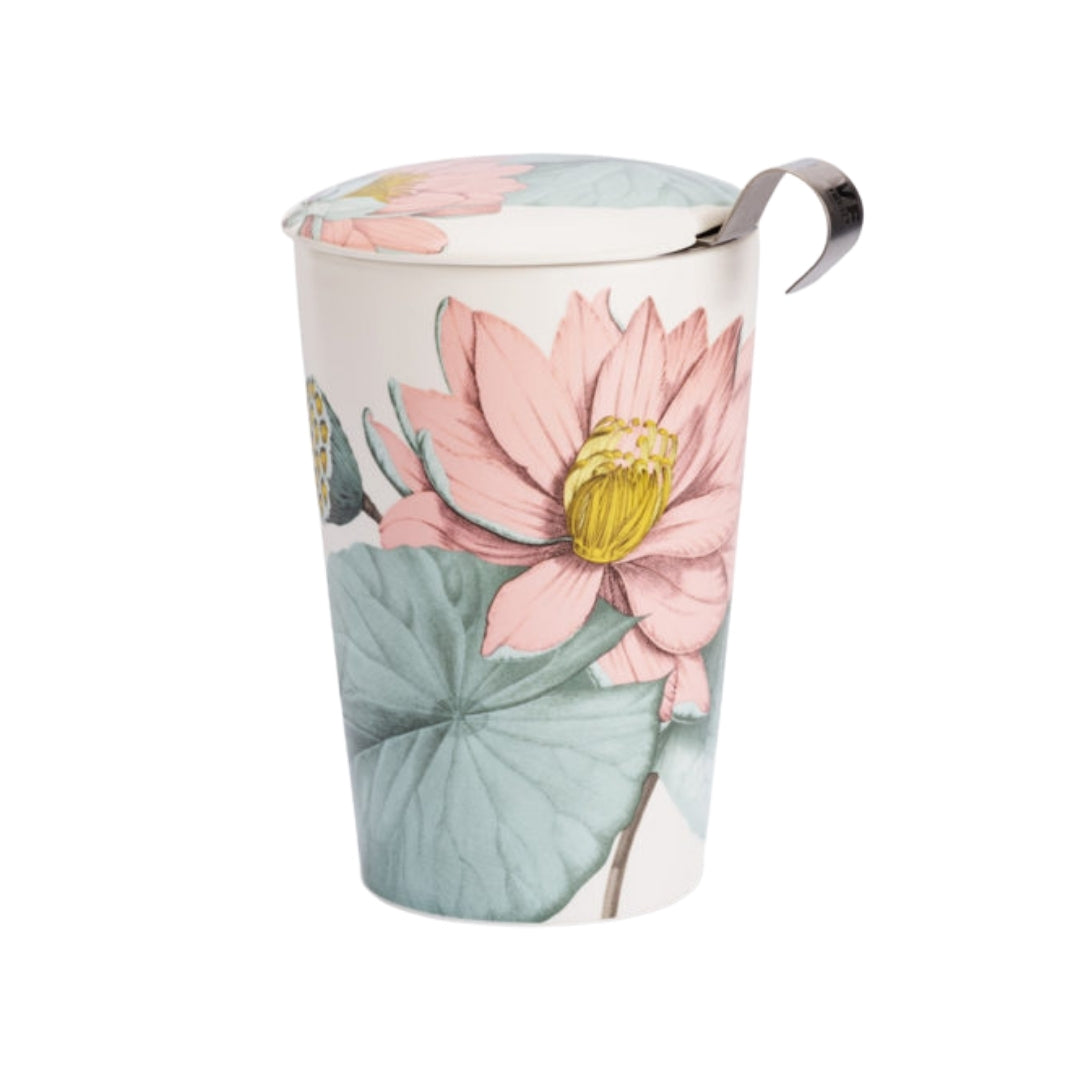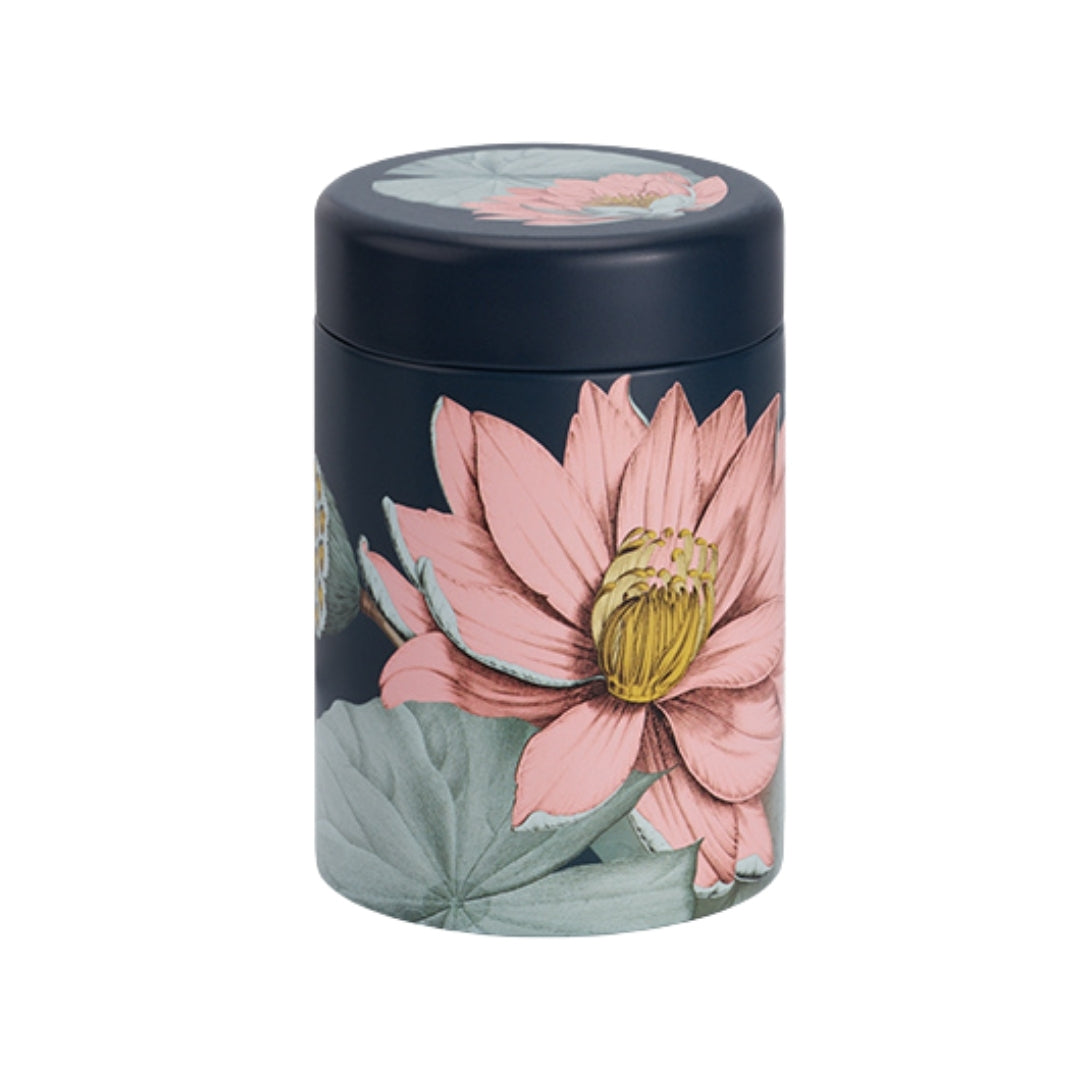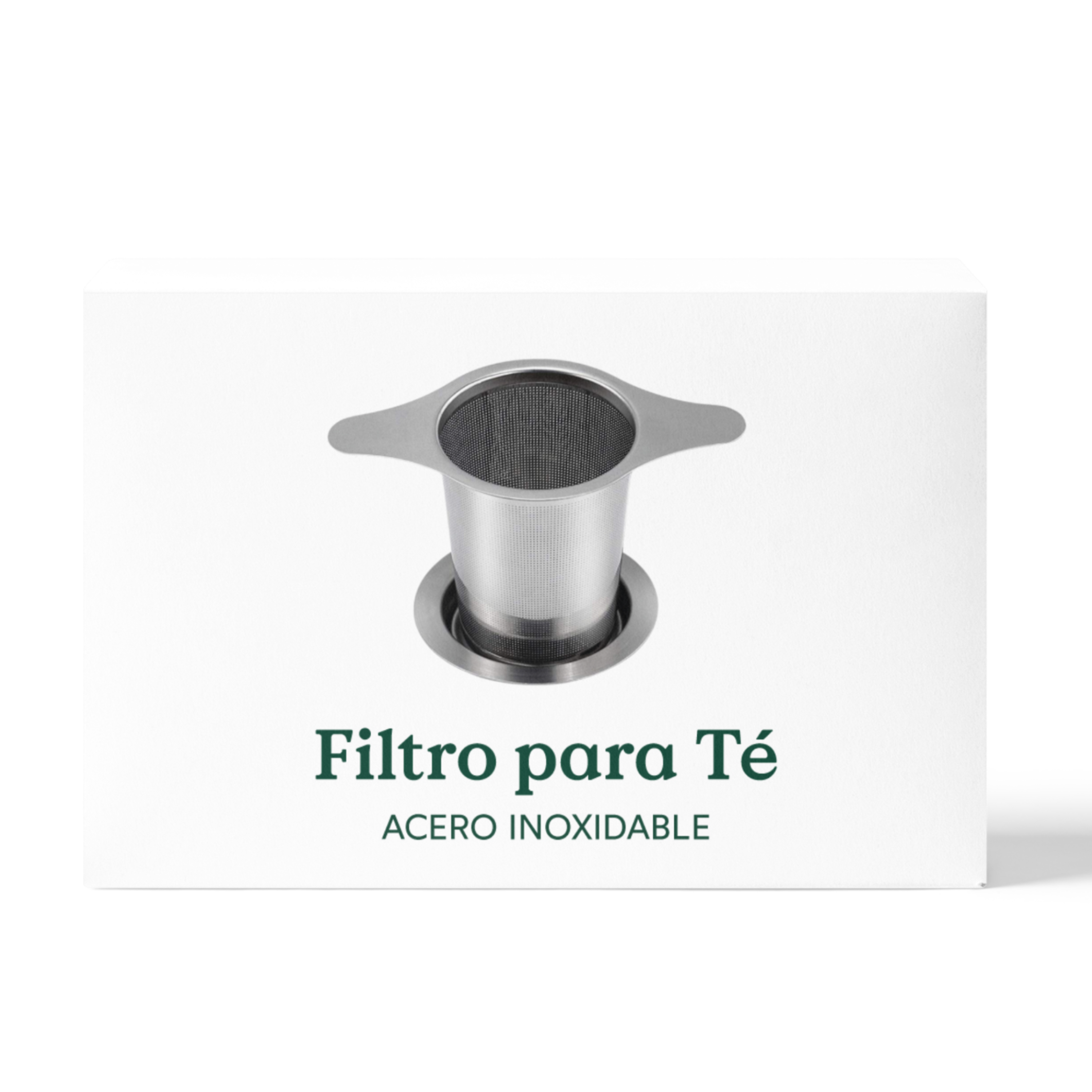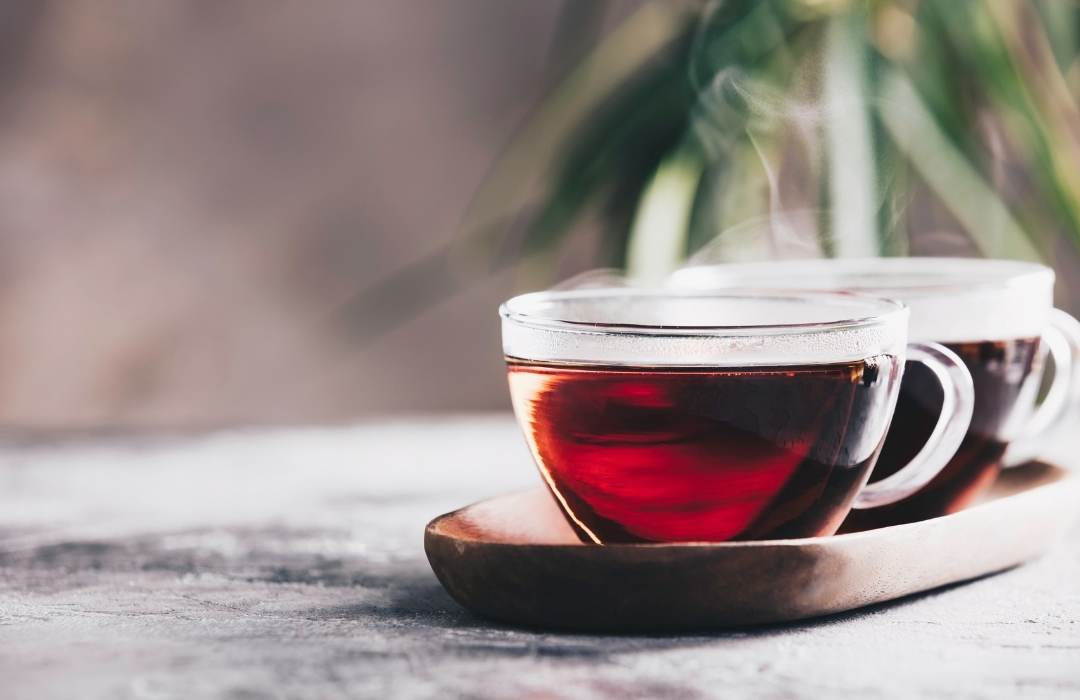
The Teas with the Most Theine and Energizing
Teas with the highest caffeine content include matcha, black tea, some green teas, and red or pu-erh tea.
After water, tea is the most popular beverage in the world, thanks in part to its high caffeine content. Whether you're looking for an invigorating cup of tea to start your day, or need a little energy boost to power through study sessions or long work days, a cup of tea can be a great, healthy alternative to coffee or energy drinks.
Buy energizing teas on Amazon >>

Theine, caffeine and L-theanine
Before delving into the list of teas with the most theine, it's important to explain that the theine in tea, although it's the same component as the caffeine in coffee, acts differently in our bodies.
Unlike other caffeinated beverages, such as coffee or energy drinks, tea made from the Camellia sinensis plant contains both theine and a unique compound known as L-theanine. While theine is a stimulant, L-theanine works to reduce stress and promote calm and relaxation.
Matcha tea and shade-grown green teas tend to be especially rich in L-theanine, but all teas contain both components. This combination can make you experience the effects of theine differently than drinking coffee, with a less jittery feeling, no highs and lows, and a calmer, longer-lasting effect.
RELATED INFORMATION
Teas with the highest theine content
Which teas have the most caffeine? Here's our selection of the most energizing teas:
1. Matcha tea
Matcha is a powdered green tea made from stone-ground tea leaves and produced in Japan. It has a high theine content for several reasons. For one, when drinking matcha, you consume whole tea leaves, rather than a diluted infusion like a traditional cup of tea. This means you get a concentrated dose of many of the beneficial compounds found in tea, such as theine, L-theanine, and antioxidants. The tea plants used to produce matcha are shade-grown for several weeks before harvesting, which also significantly increases their chlorophyll and theine content.

2. Black tea
Black tea also tends to be high in caffeine. Many breakfast blends are made with Indian black teas of the Camellia sinensis var. assamica variety, which tend to be higher in caffeine. Black tea blends are often chopped into finer tea leaves, which can increase the caffeine content.
Finally, black teas are usually prepared with hotter water and steeped for longer, resulting in greater extraction of the tea's components and, therefore, a cup of tea with a higher caffeine content.
4. Red tea or Pu-erh
Pu-erh teas are aged teas produced in China. These teas have a rich, earthy flavor, produce a dark, intensely colored infusion, and are typically high in caffeine. Like black teas, Pu-erh teas are usually brewed with very hot water and their leaves are steeped for longer periods of time, resulting in a more intense, caffeine-rich cup of tea.
5. Mate
Although yerba mate isn't a tea, meaning it's not produced from the leaves of the Camellia sinensis plant, I'm including it on this list because it has a high concentration of caffeine. Originally from South America and popular in countries like Argentina and Chile, mate is actually an infusion made from the leaves of the Liex paraguanensis plant.
Mate is typically high in caffeine, almost as much as coffee per cup. Mate can be consumed alone or as an ingredient in other infusion blends, such as fat-burning infusions or fasting infusions.
Other teas with theine
Although the teas mentioned above are especially high in theine, all teas made from the Camellia sinensis plant contain some theine. In general, black tea and pu-erh tea have the highest amount of theine, followed by oolong tea, green tea, and white tea. However, since the theine content of a cup of tea depends on many different factors, even teas from the same general categories can have different theine levels.
What does the theine content of each tea depend on?
The caffeine content of tea varies depending on several variables and can be influenced by the properties of the tea itself, as well as by different brewing and preparation methods:
- Plant variety: All teas are produced from the same plant. The tea plant, or Camellia sinensis, has two main varieties: Camellia sinensis var. sinensis, grown primarily in China and Japan, and Camellia sinensis var. assamica, grown primarily in India. Teas produced from the Camellia sinensis var. assamica variety tend to have higher levels of theine.
- Harvest season: In general, teas harvested in spring have a higher theine level than those harvested later in the year. This includes some types of white tea and first-harvest or First Flush Darjeeling teas. Spring-harvested teas tend to be composed of smaller, more tender leaves and buds, which also contributes to their higher theine level.
- Cultivation methods: Some cultivation methods can also influence the caffeine content of tea. In particular, shading tea plants for several weeks before harvesting dramatically increases the caffeine content. This is one of the reasons why matcha, as well as other shade-grown Japanese teas such as Gyokuro and Sencha, or Chinese Dragon Well, are particularly high in caffeine.
- Tea leaf processing: Caffeine levels can also vary depending on how the tea is processed. For example, matcha is produced by grinding whole green tea leaves into a fine powder, which dramatically increases the caffeine content, since drinking a bowl of matcha consumes the entire tea leaf. Similarly, finely ground black teas, such as those used in tea bags, often have more caffeine than loose-leaf teas.
- Steeping Time: The longer the tea is steeped, the higher its caffeine content. This is one of the reasons why black teas, which tend to steep for longer than other types of tea, have more caffeine. Shorter steeping times tend to result in lower caffeine levels, which is true for teas steeped for only one or two minutes, such as green and white tea.
- Water temperature: Water temperature is another important factor when it comes to the caffeine content of a cup of tea. Tea prepared with boiling or near-boiling water, such as black tea or pu-erh tea, typically has more caffeine. Tea prepared with lower-temperature water, such as green tea or white tea, typically contains less caffeine.
- Amount of tea leaves: The higher the ratio of tea leaves to water, the more caffeine there will be in a cup of tea. If you like stronger tea, you can add more tea leaves to your infuser for a more intensely flavored cup with more caffeine.
RELATED INFORMATION
Frequently Asked Questions
Does green tea have caffeine?
Green tea contains caffeine, but it's generally lower than black tea and oolong tea. An exception is shade-grown green teas, such as matcha tea, which tend to have a high caffeine content.
When to drink tea?
Because caffeine can affect people very differently depending on their age, health, and predisposition, it's difficult to predict how the theine in a particular tea might affect you. If you're concerned about consuming too much caffeine, try limiting your tea consumption to one or two cups a day, and avoid drinking high-caffeine teas in the afternoon or evening.
Do all teas have theine?
All teas produced from the Camellia sinensis plant contain caffeine, including black tea, green tea, oolong tea, white tea, and red or pu-erh tea. Although not related to the tea plant, mate is also high in caffeine. Herbal teas and rooibos teas do not contain caffeine.
Which tea has the highest caffeine content?
Matcha tends to have the highest caffeine content of all types of tea. This is because when drinking matcha, you ingest pre-ground whole tea leaves. After matcha, shade-grown green teas, black tea, and pu-erh tea are the teas with the highest caffeine content.

